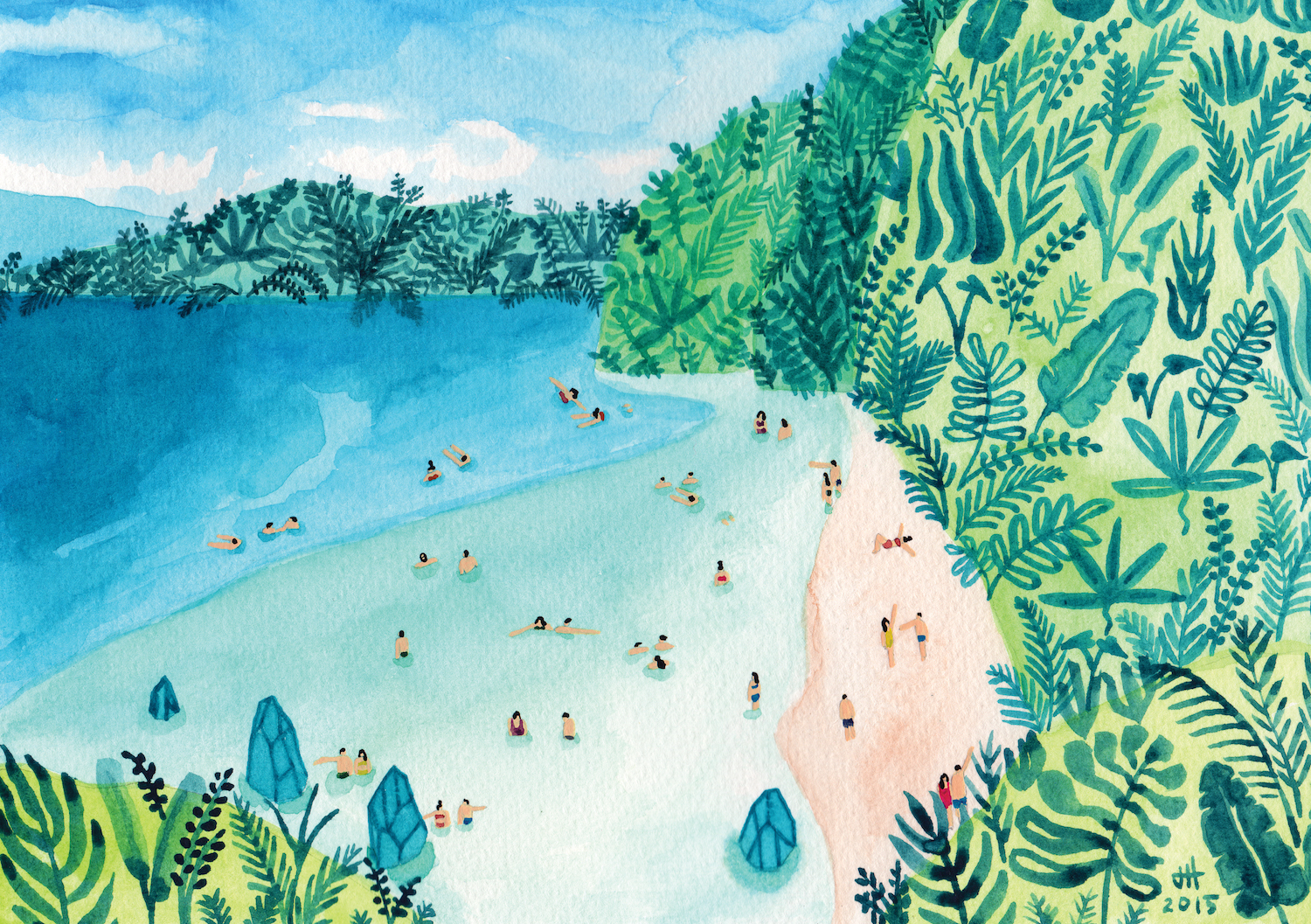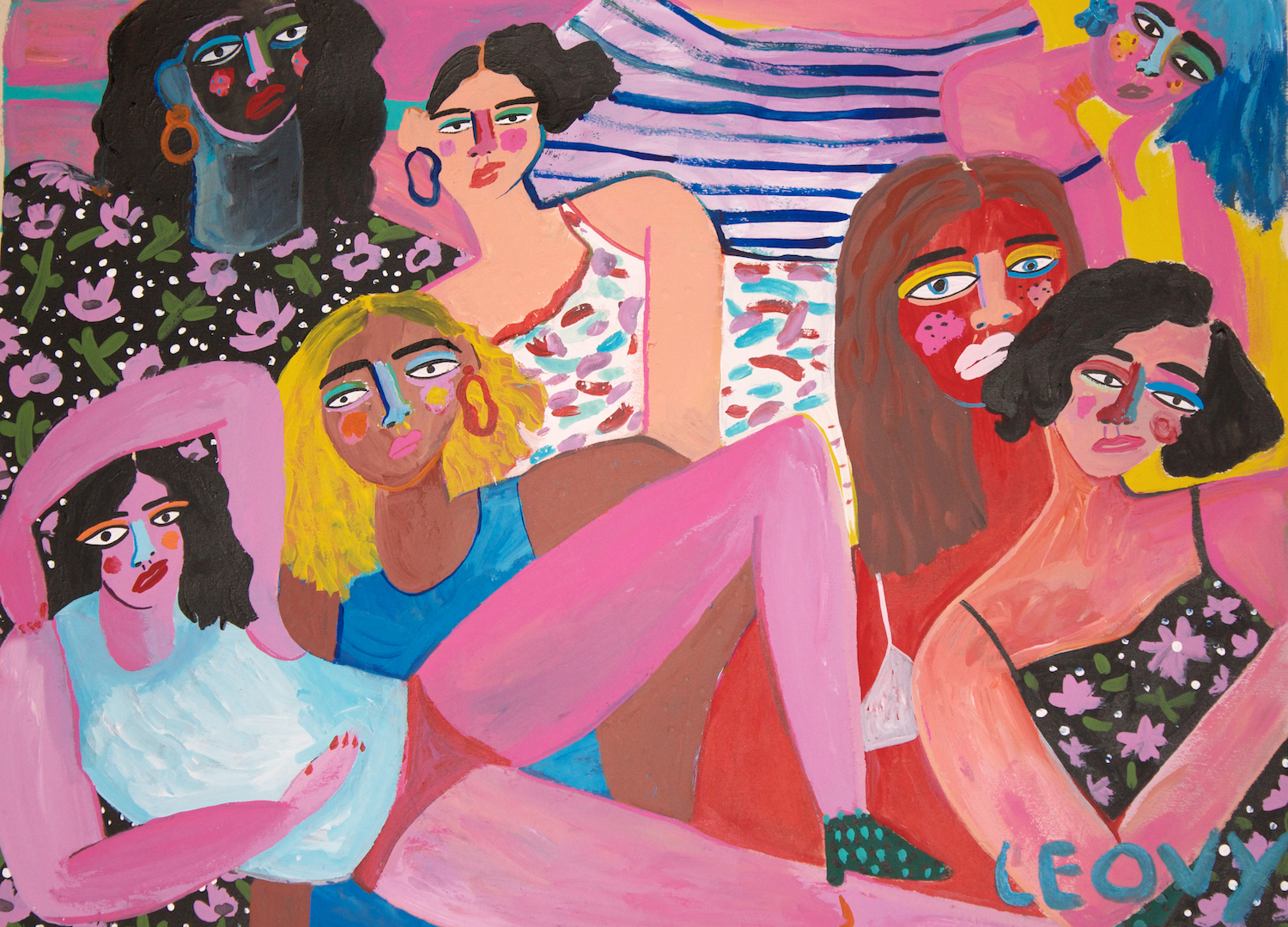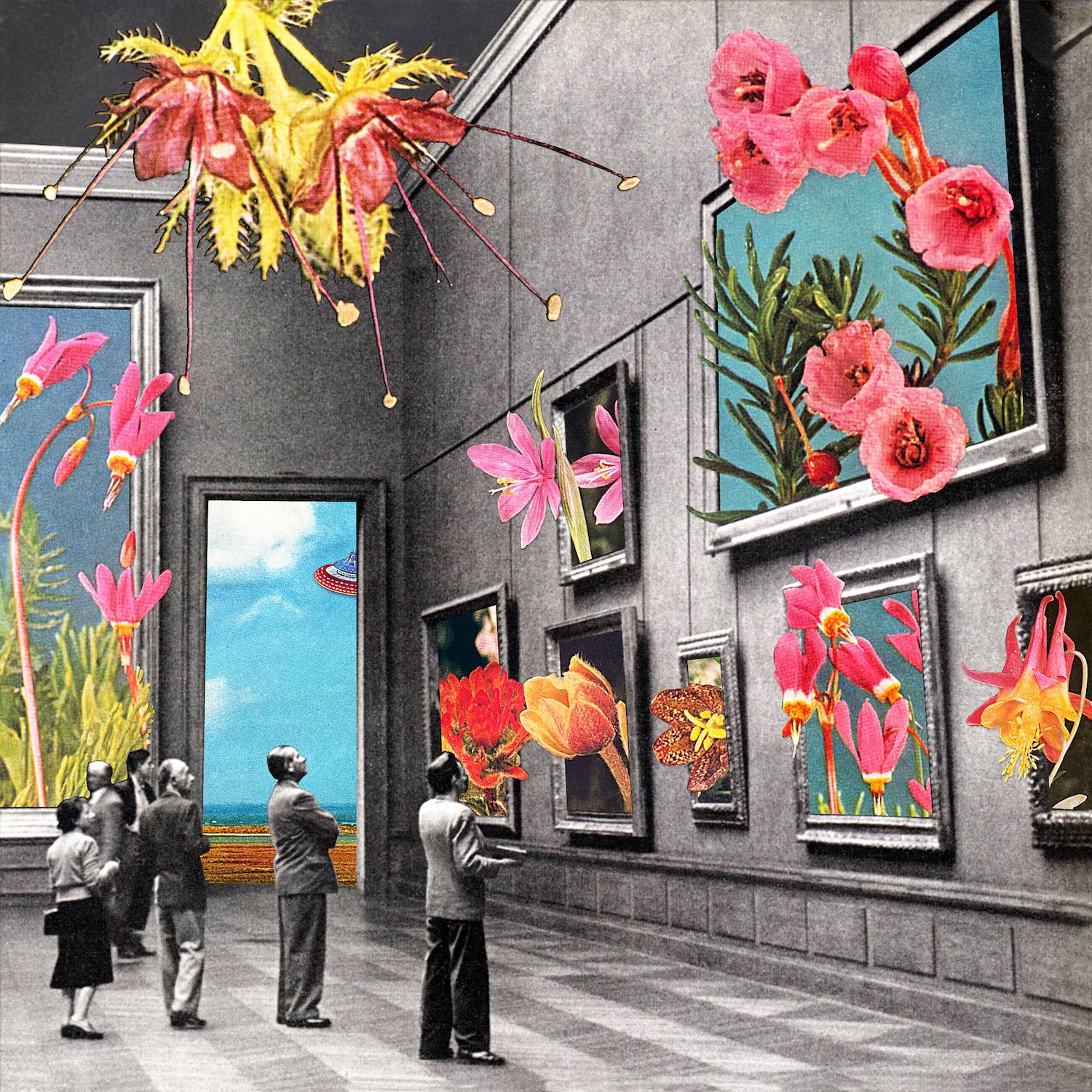Welcome back to our series Ask Angella, where we do exactly that.
If you’ve ever had a potentially sensitive creative question, we want you to throw it our way so that we can hand it over to Angella: our resident art writer, expert, and all-around kind, funny and wise human being. Here’s the question we’ll tackle this month:
“Art school is not on the table for me. Is there anything else I can do to stay motivated and continue to build on my artistic practice?”
As the cost of education climbs higher and higher, a false equivalency between earning an advanced degree and success is beginning to erode. Do you need art school to be an artist? The jury is out.
A Master’s degree is both a crutch and a catalyst. For better or worse, students pay a ton of cash or take on work-study to literally buy time to take a risk on their artistic practices (full disclosure: I am among them). Depending on who you ask, artists might tell you that grad school is trash and a waste of cash, and others would tell you it’s the best, most significant decision they’ve ever made.
But let’s say you fall on the former side: school’s not in the cards and now you’re wondering how to keep up. I’ve got lots of ideas for you and honestly, not everyone is made for grad school nor do they even need it to be successful. When you break it down art school = time, money, and resources. Ask yourself, can you find those elsewhere? I offer a few options ranging from simple to completely avant-garde for keeping your creative fire aflame without the push of art school or graduate study.
Move someplace cheap and weird…
I’m talking small towns in Nebraska, neighborhoods outside of Los Angeles, and desert cities in the southwest. What about an island somewhere in the Pacific? I had a friend who lived in Argentina for cheap and got a ton of writing done. Most cultural centers began as areas no one cared for but only became the art hubs they were because artists congregated there. While I am not advocating for gentrification, I do think that you can make any place cool because *you* are in it. Plus, most “uncool” places are inexpensive in comparison to major cities and come with the thrill of discovering its charms without a city guide. If you freelance, you can work from anywhere, right? Consider it a tailor-made residency and set a limit on how long you’ll be there. Give it two years and enjoy the low cost of living, work your ass off building your portfolio and save up some cash. You’ll work through ideas and learn how to adapt at the same time.
Or, take a chance in a big city
In deciding where I wanted to go to grad school, one of which is in New York City (because of the debt I’d be taking on), a friend of mine actually suggested an equivalent: just get a high limit credit card, go to every art show I could and hack it out. While wild, the suggestion is not a bad one. What’s more, a legitimate debate rages about MFA programs versus simply living in a big city (for art and writing, specifically). Further, BuzzFeed just posted a study reporting the job rate is at an all time high for graduating seniors (in comparison to my generation, who mostly graduated college at the height of the recession in 2008. You’ll forgive me for dating myself), which is encouraging!
Start your own cohort
Student debt is a racket and a scam, designed to keep working students down and institutions filthy rich, which, when considering the point of education, is just plain corrupt. There I said it! A crucial aspect of school is having a cohort, or a circle of peers with which to get critical feedback, inspiration from, and to bond with as you work through roadblocks and creative challenges. Who else do you know that takes their craft as seriously as you and how can you connect on a regular basis? Patch together a network and make a commitment to meet regularly. Start a google group or an email thread, make a shared document, set up a good old fashioned phone tree, fashion a reading list, and dive in. Having a common goal and an intention set for hanging out is easier than you think, it just takes some organization.
Find a studio space
The world is full of nooks and crannies, plenty of which are not being used. If your work is too big to shove into a corner of your apartment or mom’s basement, find a friend or two who is also looking for studio space (maybe someone from your new cohort?) and hit the streets. Places with For Rent signs are a good bet for finding a spot more than half the time because it’s likely that whoever put them up didn’t bother to list them on Craigslist or HotPads or whatever else realtors are using these days. The newspaper is also a good place to look because older owners use it and they, by nature, are far more chill and less expensive. Think of alternative spaces: garages, mud rooms in apartment buildings, churches, community centers, etc.
(Pro Tip: The Listings Project is also a solid resource for artists looking for space.)
Seek experts
Another benefit of art school is being under the tutelage of expert faculty. Make a list of your creative heroes and send them an email asking them to meet with you. Buy them a meal or a drink of their choice and ask for their advice, a recommended reading list, or life story. You’ll build up a network of people you admire and align yourself with talented and hardworking people. The worst that can happen is that they say no and in that event, ask again in a few months or cut your losses (could be a win in the long run; who wants to work with someone who refuses younger artists)?
Keep working and make your own opportunities
When I was younger and living in a town with a less than prestigious art scene, I decided to organize the art exhibitions I wanted to see. I came up with a loose theme, emailed my friends who worked as artists, visited their studios, bounced ideas around, found an old loft space that the owners were cool enough to let me borrow, set a date and threw my first successful art party. It was a ton of work and I paid for most of it out of my small paychecks I earned working at my local museum, but we pulled it off and it put major wind beneath our collective wings. Three years and ten art shows later, I had a resume full of curatorial projects and catalogue essays that I self-published. This enabled me to take on internships and assistant jobs that eventually landed me bylines at bigger publications. No one knew that most my projects were held together with spit and duct tape (and love, a lot of love) and people in the position to hire me were impressed with my ingenuity and determination. I held shows at swap meets, in people’s living rooms, and in an old auto garage. You don’t need to be fancy or pedigreed to get to your goals.
Pay it forward
Artist residencies are an advantageous way to buy yourself some time for your craft but consider teaching or education as a way to think differently about what you do. You’ll make some cash on the side or earn volunteer work for your resume. Teaching someone else, especially if it’s someone from an entirely different demographic as you, say the elderly or kids or those with special needs, is said to be one of the most effective ways to deepen your understanding of a concept. You’ll be considered a leader in your creative circle, change the way you think about your own work, and enrich the community around you. What else is art for if not that?




Comments